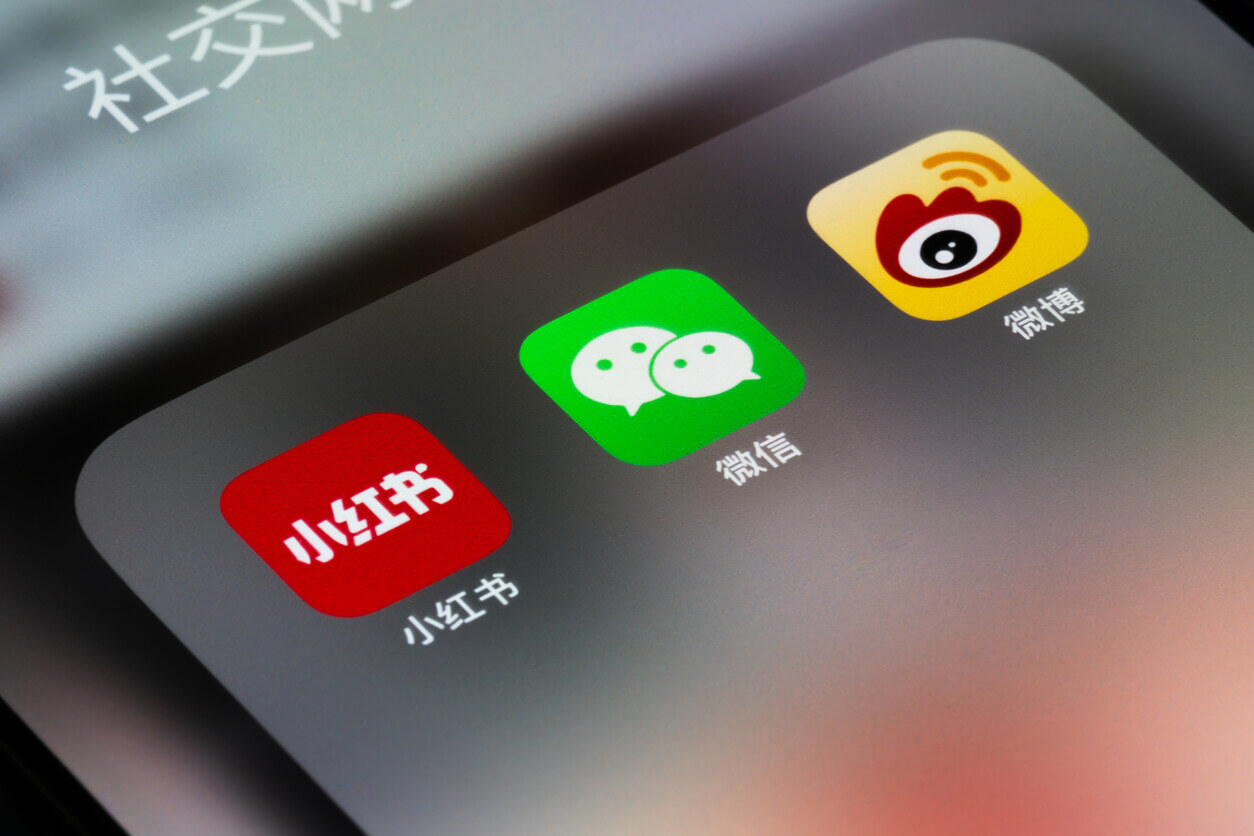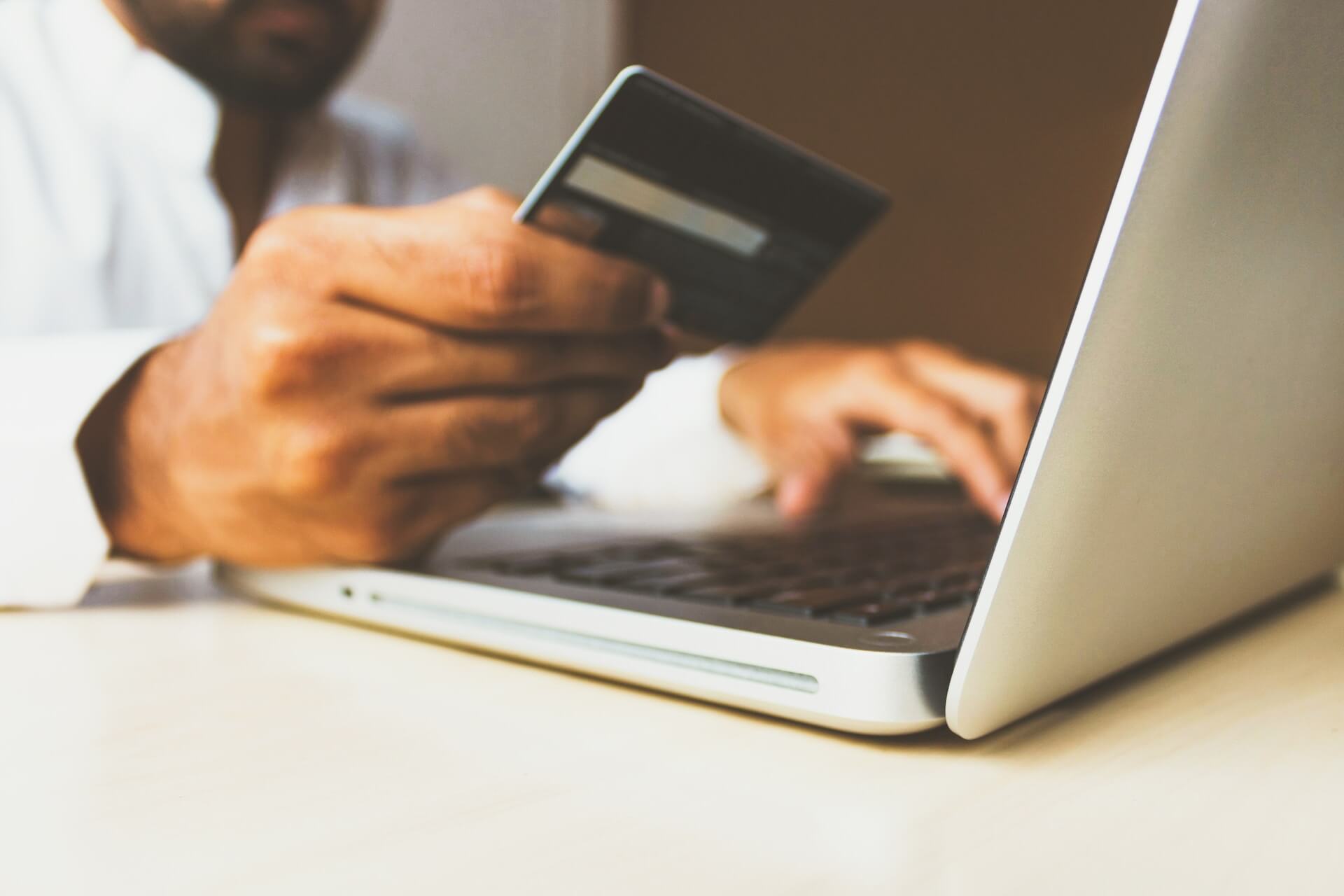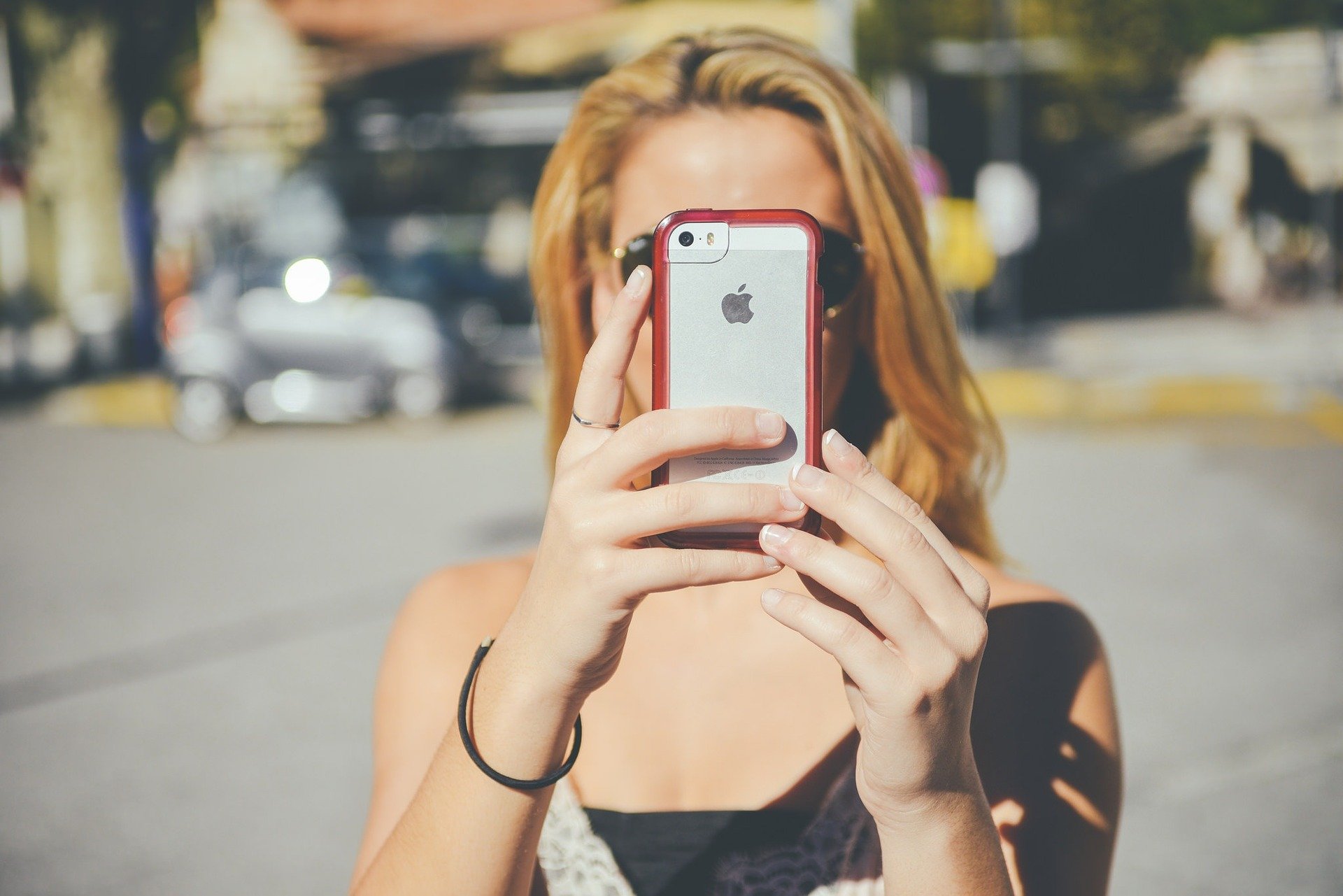The TikTok Ban: What You Should Know
TikTok is facing an uncertain future in the United States as a nationwide ban looms. With a January 19 deadline set for its removal from app stores unless parent company ByteDance sells its U.S. operations, the situation has sparked heated debates over privacy, national security, and the app’s immense popularity among over 170 million American users. This blog explores the latest TikTok ban updates, the legal and political battles, and the broader implications of this contentious decision.
TikTok US Ban Update
The clock is ticking for TikTok, as the immensely popular social media platform prepares for a potential nationwide ban in the United States. With more than 170 million monthly users in the country, the Chinese-owned app faces significant challenges after its bid to delay the ban was rejected by the U.S. Court of Appeals. Unless ByteDance, TikTok’s parent company, sells its U.S. operations before January 19, the app will be removed from Apple and Google app stores nationwide.
National Security Concerns Drive the Ban
The U.S. government has expressed ongoing concerns about TikTok’s ties to China, citing national security risks related to the collection and potential misuse of Americans’ data. The Justice Department has argued that ByteDance’s control of TikTok poses a threat, despite TikTok’s assertion that its U.S. user data is stored on Oracle-operated servers and moderated domestically. These reassurances have failed to quell bipartisan concerns about the app’s ownership and influence.
Legal Battle Reaches a Critical Stage
TikTok and ByteDance have filed an emergency motion with the U.S. Supreme Court, seeking to halt the ban and secure more time for negotiations. However, a recent court ruling highlighted that such delays are unprecedented when constitutional challenges to an Act of Congress have already been rejected. Without intervention from the Supreme Court, TikTok’s future in the U.S. hinges on two key decisions: whether President Joe Biden grants a 90-day extension of the sale deadline before leaving office, and how President-elect Donald Trump will approach the matter.
When Will TikTok Get Banned?
TikTok is set to be banned in the U.S. on January 19 unless its parent company, ByteDance, sells its U.S. operations. Recent court rulings have denied delays, leaving TikTok’s fate dependent on a Supreme Court appeal or government intervention before the deadline.
Pros and Cons of Banning TikTok
The decision to ban TikTok in the U.S. has sparked significant debate, with compelling arguments on both sides. Here are some of the key pros and cons:
Pros:
- Enhanced National Security: Proponents argue that banning TikTok reduces the risk of sensitive user data being accessed by the Chinese government, addressing concerns about espionage and data privacy.
- Protection of User Data: The ban could send a strong message about the importance of safeguarding Americans' personal information from foreign-owned companies with questionable transparency.
- Setting a Precedent: A TikTok ban could establish stricter regulations for foreign-owned apps, encouraging higher standards for data security and privacy in the tech industry.
Cons:
- Loss of Creative Outlet: Millions of U.S. users, especially creators and small businesses, rely on TikTok for expression, marketing, and income. A ban would disrupt these opportunities.
- Censorship Concerns: Critics see the ban as government overreach, potentially setting a precedent for restricting access to other apps, which raises questions about free speech and internet openness.
- Economic Impact: TikTok's removal could hurt U.S.-based employees, advertisers, and brands that rely on the platform for engagement and revenue.
The TikTok ban debate reflects the complex trade-off between national security and personal freedoms, leaving users, lawmakers, and businesses divided over its implications.
In What Other Countries Is TikTok Banned?
The U.S. is not the first country to impose a ban on TikTok. India enacted a nationwide ban in 2020, citing similar national security concerns. Additionally, other regions, such as the European Commission and the European Council, have implemented partial bans, restricting the app’s use on official devices. These moves reflect growing international scrutiny of TikTok’s operations and its connections to the Chinese government.
How to Use TikTok After the Ban
If the TikTok ban takes effect, users in the U.S. may need to explore alternative methods to access the platform. While new downloads from app stores will no longer be available, those who already have TikTok installed on their devices might still be able to use it temporarily, though updates and security patches would cease, potentially leaving the app vulnerable. To continue using TikTok after the ban, some users may turn to Virtual Private Networks (VPNs) to mask their location and access the app from other regions where it remains available. However, this approach comes with legal and security risks, as circumventing the ban could violate regulations, and VPNs might expose users to untrusted networks. For those seeking alternatives, exploring similar apps like Instagram Reels or YouTube Shorts could provide comparable content-sharing experiences without the risks associated with accessing TikTok post-ban.
Closing Thoughts
As the January 19 deadline approaches, the TikTok ban debate has intensified, focusing on data privacy and national security concerns tied to the app’s Chinese ownership. Critics argue that TikTok’s parent company, ByteDance, poses a risk of sensitive user data being accessed by the Chinese government, despite the company’s claims that U.S. user data is securely stored on Oracle-operated servers and moderated domestically. This legal battle not only impacts TikTok’s 170 million U.S. users but also raises broader questions about how foreign-owned apps handle data and whether existing safeguards are sufficient to address privacy risks in an increasingly interconnected digital economy.
The latest TikTok ban updates suggest that the app’s fate will set a critical precedent for the future of global tech regulation. If the ban is enforced, it could pave the way for similar actions against other foreign-owned platforms, reshaping how governments address privacy and security threats. On the other hand, if TikTok prevails, it may redefine the limits of government oversight in the tech industry. As this high-stakes battle unfolds, it highlights the growing need for transparency and accountability in how digital platforms handle user data, with the outcome likely to have lasting implications for innovation, privacy, and U.S.-China relations.
Contact Us
Share this
You May Also Like
These Related Stories

Chinese RedNote App Rises Amid TikTok Ban: New Privacy Concerns

Temu App Poses Potential Data Risk for Consumers

.webp?width=2169&height=526&name=Compass%20white%20blue%20transparent%202%20website%20(1).webp)
-1.webp?width=2169&height=620&name=Compass%20regular%20transparent%20website%20smaller%20(1)-1.webp)
No Comments Yet
Let us know what you think